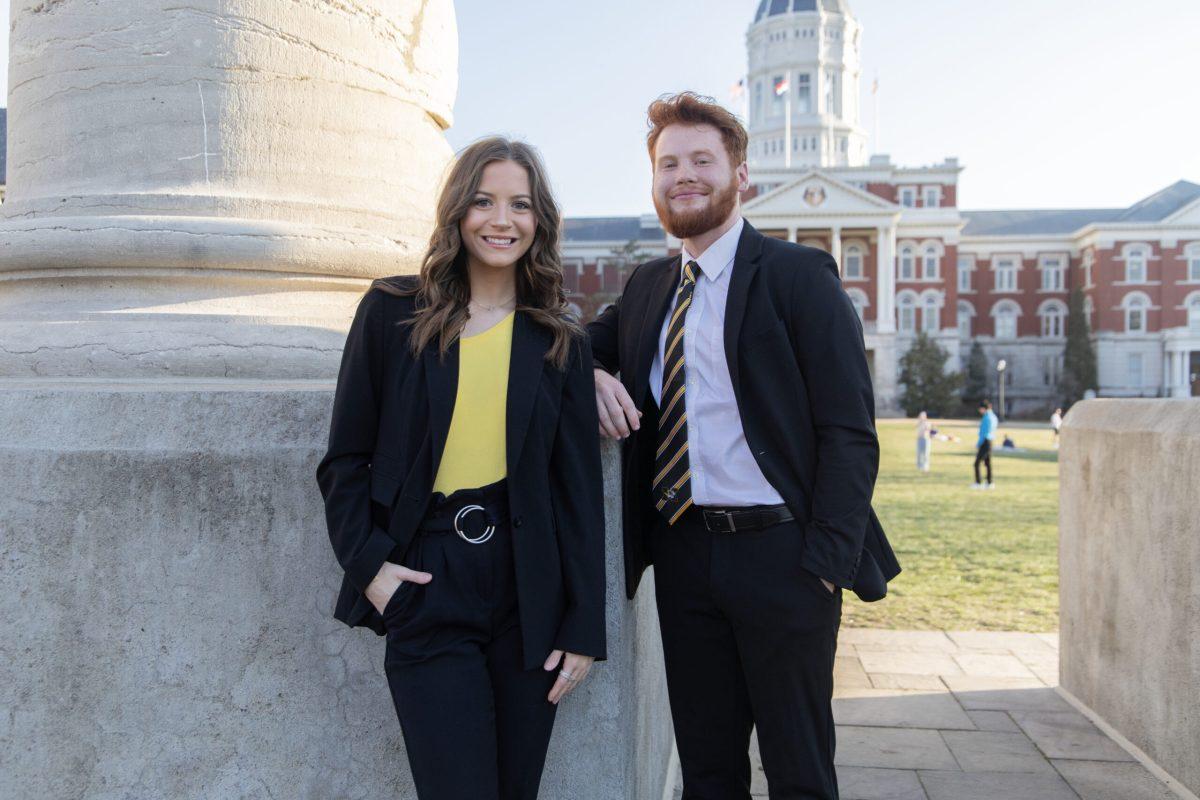As a member of the Mizzou community and as Chair of the Department of Black Studies, it is necessary to acknowledge and amplify the great social justice work that our students are actively engaged in. For the past two years, they have organized and conducted marches, silent processions, sit-ins, study-ins, die-ins, town halls and discussions, all geared toward addressing national and local problems dealing with race and racism. I realize that as a Black Studies scholar, I am in a unique position to understand that these sorts of actions have been effective in shifting the way that people think about identity and culture in the United States. As a field, Black Studies was founded by this sort of agitation. In the 1950s and 1960s, university administrators had to listen to these voices, and they implemented new programs and concentrations on campuses all over the country. So it is important that we listen carefully to what our students are trying to tell us.
About a week ago, the United States lost a great civil rights activist, Grace Lee Boggs, a Chinese American who found great purpose in working to eradicate social inequalities and injustice. Her wisdom is relevant in so many ways to what we are going through here at Mizzou. According to Boggs, “You cannot change any society unless you take responsibility for it, unless you see yourself as belonging to it and responsible for changing it.” The students who have tried to raise awareness to the racial climate on Mizzou’s campus embody this challenge. They are taking responsibility for the society to which they aspire to belong. They are exerting mental and physical energy and time to drive change in this society. We should all do the same. As administrators, faculty, staff and students, we all inhabit and make up this unique space called the University of Missouri. We live, work, learn, teach, do research and ultimately, hope to grow as an intellectual community. When a part of our community is uncomfortable, we should all feel the weight of that burden to push for meaningful change.
If citizenship is to be measured by the amount of effort and dedication expended on making a society a more just and amenable space for all, then these students are the best citizens that Mizzou has to offer. The work that they are doing for all of us — across race, nationality, gender, and sexual orientation — should be commended and encouraged. And at the very least, it should be acknowledged for what it is: a valiant attempt to change our culture and our society for the better. If our students feel a need to march, protest, and raise awareness about their position on this campus and the need to address what they perceive to be a racist environment, our job is to listen, acknowledge, think, and design curriculum and programs that address these concerns so that ultimately, we can all inhabit a society for which we are proud.
Black Studies is a department that promotes and supports scholarship and critical thinking about global black experiences, but it is also a resource for the rest of the campus as they contend with these important messages that our students are sending us.
Stephanie Shonekan, PhD
Chair, Department of Black Studies
[email protected]











